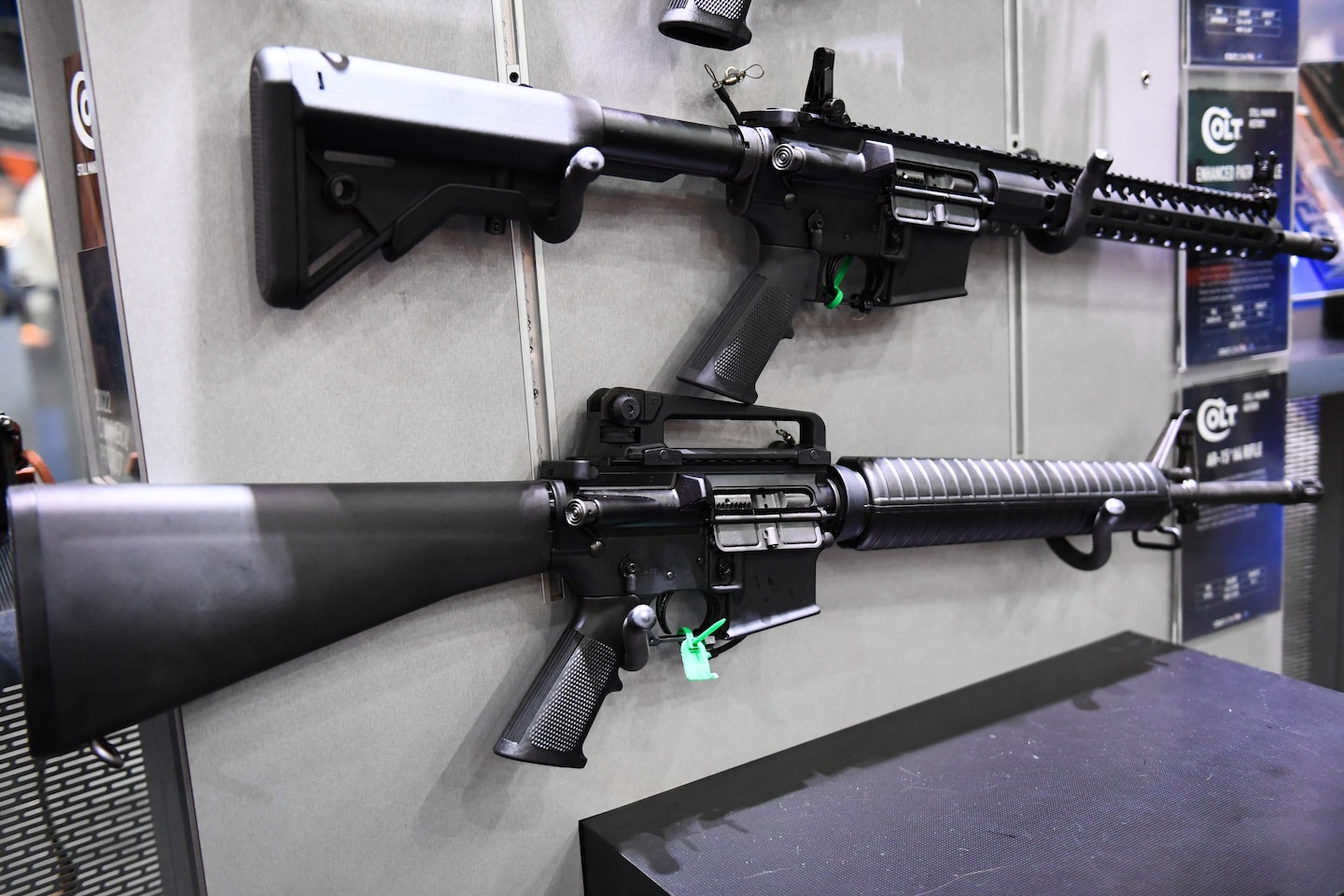
ISLAMABAD:
The former prime minister made these remarks at a seminar on freedom of expression, a day ahead of crucial by-polls in Punjab, where his party is contesting on 20 Punjab Assembly seats across the province.
“Because of this imbalance, a situation has developed that [now] the establishment isn’t realising [the consequences of] the actions it is committing,” he said, while referring to a crackdown against his party following his ouster as a result of the no-confidence motion.
“We cannot afford a weak army… we have to protect it. If the distance between the army and the public keeps increasing, which it is, then it will eventually harm the army and Pakistan.”
According to Mr Khan, democracy depended on “moral strength” and not physical strength, which he said the Pakistani military possesses.
‘Take a U-turn’
The PTI chief also urged the establishment to take a U-turn on its support for the incumbent government. He said that Pakistan stood at a critical juncture and it was very important that the “right decisions” were made today.
Mr Khan said that reinforcing a “failed” government would further widen the gulf between the people and the establishment. He, however, added that the establishment should differentiate between constructive and damaging criticism.
The PTI chairman questioned whether the decision taken by the military establishment behind “closed doors” to support the incumbent regime was beneficial to Pakistan. “Who told them that the decision [to back PML-N] was a better option?” Mr Khan said that “U-turns are even important for generals” as no one could be absolutely right.
“The nation is looking towards the establishment because they have the power,” Mr Khan claimed and warned that the current set-up would destabilise Pakistan politically and economically.
‘Missing persons’
The former prime minister also spoke about enforced disappearances and a clampdown on journalists under his regime and said that his government had nothing to do with whisking people away or restrictions on media.
“I was never afraid of media… [I] was the most criticised PM… [yet] I never tried to bribe journalists or take action against them,” the ex-PM added. He said “constructive criticism” was necessary.
“The trend of disappearing people started during the War on Terror. I was the first person to protest against this practice in 2003 after Aafia Siddiqui went missing. I did not know the point of view of the army till I came into power,” Mr Khan said, adding that he used to speak against these enforced disappearances because “there is nothing more painful” than seeing the relatives of missing persons coming to ask about their loved ones.
“We came in the government and got to know that often times people were picked up on [the pretext of] national security.”
Mr Khan said he spoke to Army Chief Gen Qamar Javed Bajwa when Gen Faiz Hamid was the chief of the ISI, which resulted in the release of many forcibly disappeared people.
“They [army] said the problem was regarding the judiciary,” he said, adding that the explanation provided to him was that it was difficult to prosecute a terrorist in court due to a lack of evidence or witnesses.
Nonetheless, he said, an agreement was reached and his government was working on a bill that would have, at least, kept the families of the missing persons in the loop.
Imran Khan also distanced his government from the abduction of journalists during the rule of the PTI government. “Shireen [Mazari] knows, it came up in cabinet three or four times that some journalist was picked up; no journalist was picked up on my instructions, [as] the problem was something else,” Mr Khan added.
‘Vile campaigns by PTI’
Disputing Mr Khan’s stance that there were no restrictions on the press during his tenure, Information Minister Marriyum Aurangzeb said there are reports about restrictions placed on press during the PTI era, adding that vile campaigns were launched on social media against journalists.
“Imran Khan is saying that during my government media was free, there was no restriction or censorship on the media,” she said while showing various clippings regarding censorship during the government of the PTI. These included reports by Reporters Without Borders, Human Rights Watch, and the Council of Pakistan Newspaper Editors (CPNE).
She also mentioned cases of online harassment, kidnappings and threats faced by media persons, including women journalists and restrictions on electronic and print media during the previous government.
Separately, former president and PPP leader Asif Zardari also reacted to Mr Khan’s statements.
In a statement, he said that Imran Khan should have realised the importance of a free press while he was ruling the country and termed the PTI government “the blackest phase” for press freedom in the country’s history Kalbe Ali in Islamabad also contributed to this report






